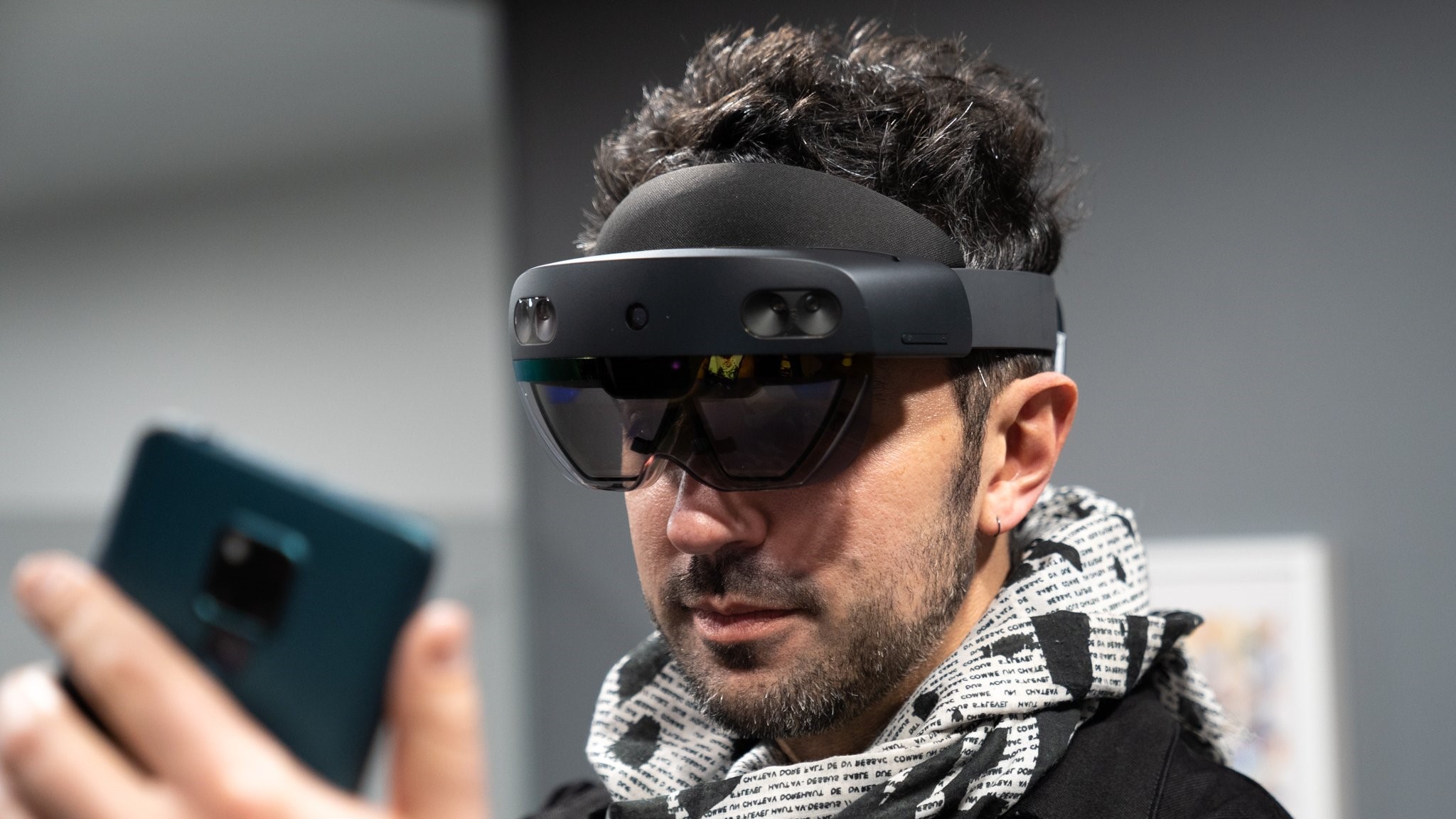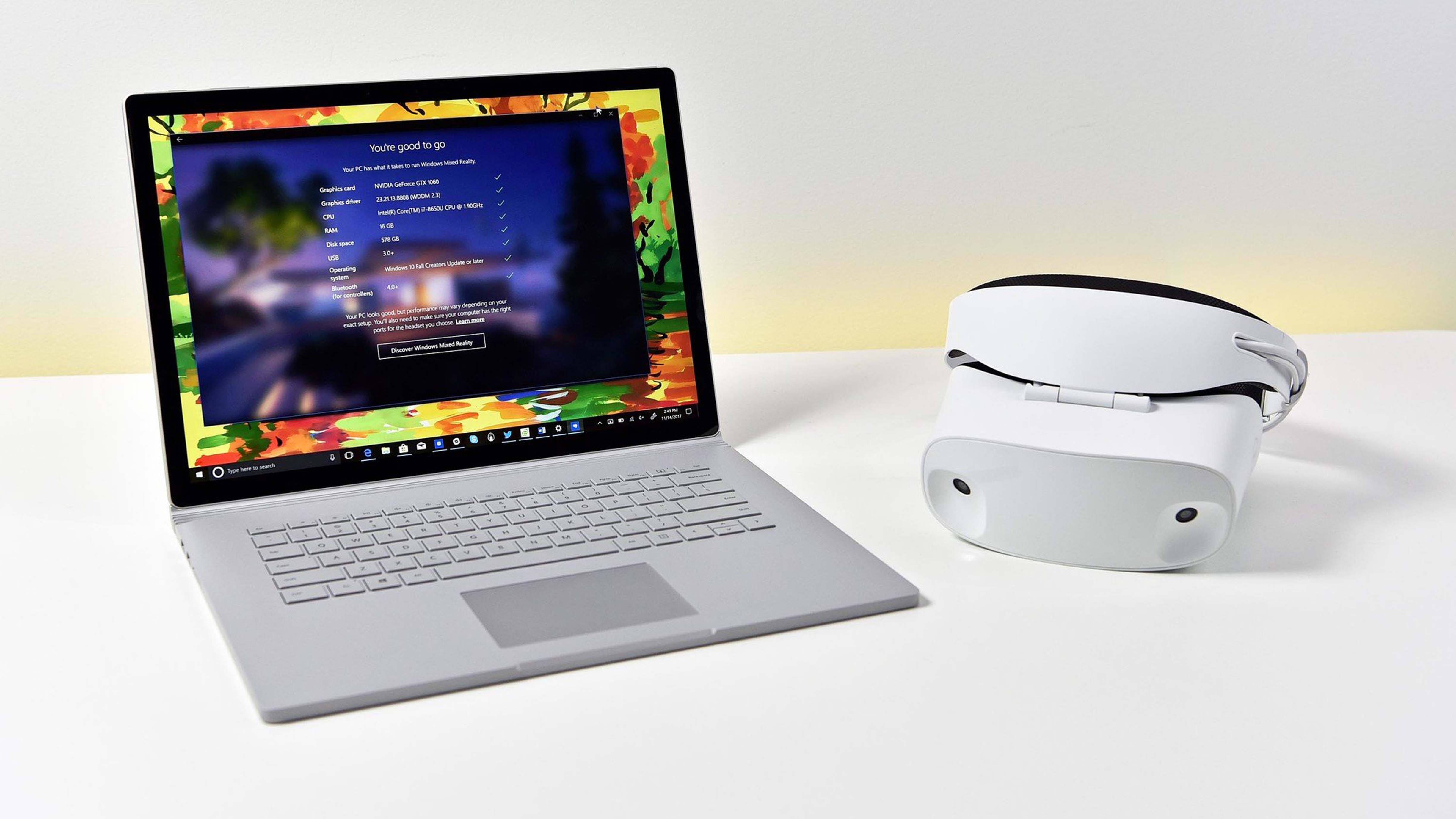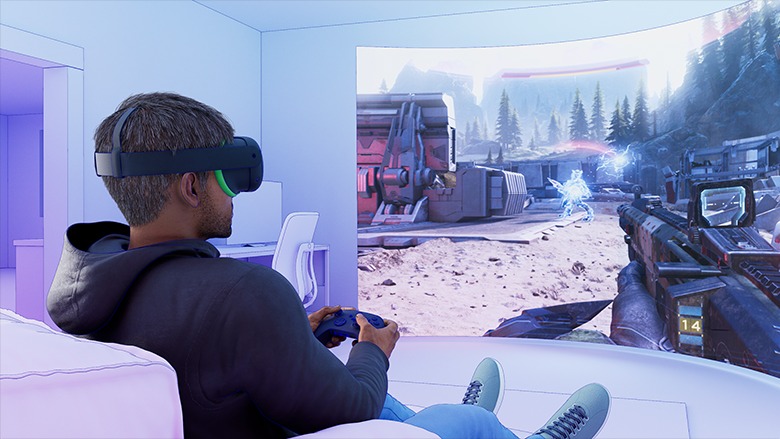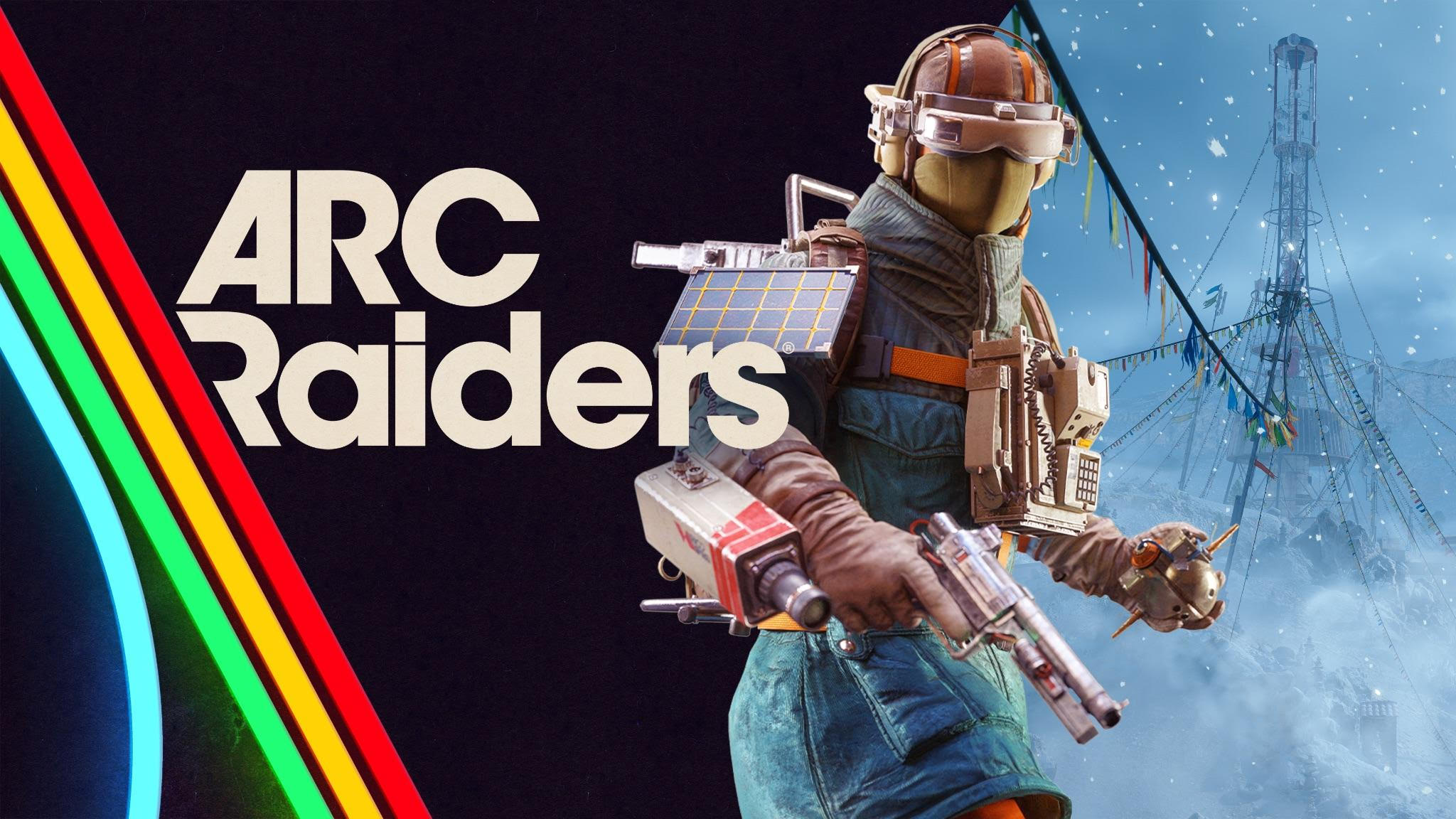Microsoft plans new mixed-reality VR headset to rival Apple Vision Pro — may run Windows apps via the cloud
After mass layoffs and product cancelations, Microsoft seems interested in Mixed Reality again.

All the latest news, reviews, and guides for Windows and Xbox diehards.
You are now subscribed
Your newsletter sign-up was successful
What you need to know
- A new report suggests Microsoft has placed an order for "hundreds of thousands" of micro-OLED displays for a new VR headset.
- The headset will reportedly focus on content consumption such as gaming and movies, not the metaverse.
- Microsoft is also working on bringing full desktop Windows apps to mixed reality via the cloud.
A new report from The Elec (via RoadToVR) has revealed that Microsoft has signed a new deal with Samsung that will see the Korean display manufacturer supply “hundreds of thousands” of new micro-OLED displays for a next-generation mixed reality headset that Microsoft is currently developing.
According to the report, an unnamed industry official says Microsoft’s new mixed reality headset will focus on experiences like “enjoying or watching content such as games and movies, rather than the metaverse.” This implies the device may have a consumer focus, unlike Microsoft's current HoloLens line of headsets.
The news comes after a turbulent few years for Microsoft’s mixed-reality division. In 2022 it was reported that Microsoft had scrapped plans to ship a third-generation HoloLens, and in December 2023 the company announced that the Windows Mixed Reality platform was being shut down.
With that in mind, what might a next-generation mixed-reality headset from Microsoft look like? Recent patent filings suggest the company is exploring a design similar to the Apple Vision Pro, featuring OLED displays and passthrough cameras to simulate augmented reality experiences.
My own sources say it’s likely that Android, not Windows, will power a future Microsoft-made mixed-reality headset. The current HoloLens 2 runs Windows Core OS, a platform that only runs UWP apps. Microsoft now considers the UWP app platform deprecated, and so Microsoft needs to find a new home for any future mixed reality ambitions.
Meta recently opened its platform up to third-party headsets, and Google is rumored to be launching a new Android XR platform this year, both of which could be a good fit for Microsoft given it no longer has its own mixed reality platform to build upon. That said, I’m told Microsoft does intend to incorporate Windows apps in some capacity.
According to sources familiar with the project, Microsoft is working on a solution that will allow mixed-reality headsets to run full Windows desktop apps via the cloud. Codenamed “Williams Bay,” this solution will allow users to place desktop Windows apps around their mixed reality space and interact with them as if they were running locally, similar to iPad apps on an Apple Vision Pro.
All the latest news, reviews, and guides for Windows and Xbox diehards.
Williams Bay will also enable developers to “enhance” desktop Windows apps with 3D extensions that can be displayed alongside them within a mixed reality 3D environment on the headset. It’s unclear if Williams Bay is an experience that will be exclusive to Microsoft’s own mixed reality headset, or if it’ll be available on other headsets and platforms also.
It’s unclear when Microsoft’s mixed reality headset will be ready to launch, assuming it’s not canceled before then. The Elec says it won’t be ready until next year at the earliest, but 2026 seems more likely.



